 W
WNina Yeliseyevna Afanasyeva is a Russian-Sami politician and language activist.
 W
WIrma Álvarez Ccoscco is a Quechua-language poet, educator and digital language activist.
 W
WElva Ambía is a Peruvian award-winning educator, Quechua language activist, writer, and founder of the Quechua Collective of New York.
 W
WAniruddha Mahathera was a Nepalese Buddhist monk and the Sangha Nayak (Patriarch) of Nepal from 1998 until his death in 2003. He was one of the most important figures in the revival of Theravada Buddhism in Nepal and the development of Lumbini, the Buddha's birthplace in southern Nepal, into a center of international pilgrimage.
 W
WAlena Nikolaevna Anisim is a Belarusian politician and member of the House of Representatives of Belarus, the lower house of the National Assembly of Belarus. She is also a linguist, and chairperson of the Frantsishak Skaryna Belarusian Language Society.
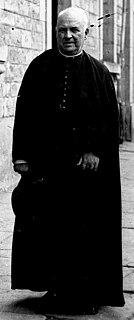 W
WResurrección María de Azkue was an influential Basque priest, musician, poet, writer, sailor and academic. He made several major contributions to the study of the Basque language and was the first head of the Euskaltzaindia, the Academy of the Basque Language. In spite of some justifiable criticism of an imbalance towards unusual and archaic forms and a tendency to ignore the Romance influence on Basque, he is considered one of the greatest scholars of Basque to date.
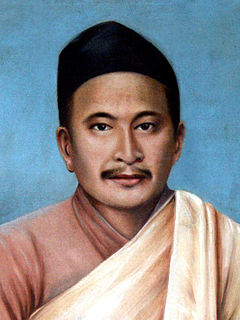 W
WNisthananda Bajracharya was a Nepalese author who marked a turning point in Nepal Bhasa literature by breaking away from the classical style and writing prose in colloquial language. He was one of the leaders of the Nepal Bhasa renaissance, and also a pioneer of printing with moveable type in Nepal. He is honored as one of the Four Pillars of Nepal Bhasa.
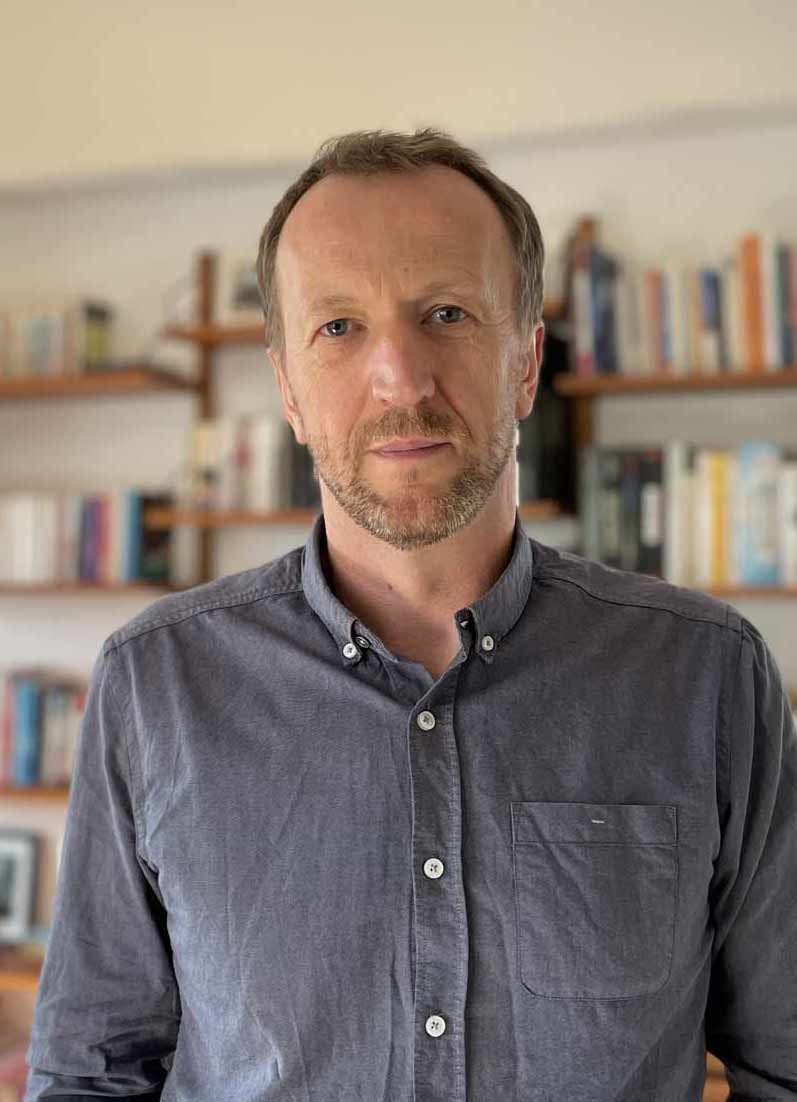 W
WMikael Bodlore-Penlaez is a Breton author and cartographer. He co-edited, with Divi Kervella, the first bilingual Atlas of Brittany who has received several awards, including the "Brittany's Prize of the Book".
 W
WIvan Bogorov (1818–1892) was a noted Bulgarian encyclopedist from the time of the National Revival. Educated in medicine, he also worked in the spheres of industry, economy, transport, geography, journalism and linguistics.
 W
WIman Xin Chemjong Limbu or Iman Singh Chemjong Limbu: was a Limbu historian, writer, linguist, lexicographer, folklorist and philosopher of Nepal. Although some say that his middle name Xin was spelled as Singh due to mainstream Nepalese or Indian influence, others say Singh is correct because in his book Kiratakalina Vijayapurako Sankshipta Itihasa, Chemjong writes his name in Nepali as Iman Singh Chemjong. Chemjong devoted his entire life to studying and documenting various facets of Kirat Limbu tradition and culture at a time when such activities were frowned upon and even punished by the Nepalese ruling elite as being subversive and "anti-national". Chemjong's research into, and publication of, a Kiranti history and culture challenged perceptions of the Nepalese official doctrine that showcased Nepal as a Hindu cultural monolith devoid of alternative narratives.
 W
WThe Declaration on the Common Language was issued in 2017 by a group of intellectuals and NGOs from Croatia, Bosnia and Herzegovina, Montenegro, and Serbia who were working under the banner of a project called "Language and Nationalism". The Declaration states that Croats, Bosniaks, Serbs and Montenegrins have a common standard language of the polycentric type.
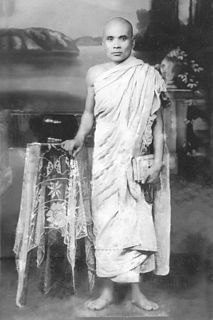 W
WDhammalok Mahasthavir was a Nepalese Buddhist monk who worked to revive Theravada Buddhism in Nepal in the 1930s and 1940s. For this act, he was expelled from the country by the tyrannical Rana regime.
 W
WDharmaditya Dharmacharya (1902–1963) was a Nepalese author, Buddhist scholar and language activist. He worked to develop Nepal Bhasa and revive Theravada Buddhism when Nepal was ruled by the Rana dynasty and both were dangerous activities, and was consequently jailed.
 W
WFour Pillars of Nepal Bhasa are the four leaders who spearheaded the campaign to revive the Newar language and its literature during the repressive Rana regime, and guided its renaissance at the beginning of the 20th century.
 W
WThe Francišak Skaryna Belarusian Language Society is an association in Belarus. The association's main activity is advocacy and promotion of the Belarusian language.
 W
WMangei Gomango popularly known as Pandita Sabara Mangei Gamango is said to have devised the tribal language of Rayagada district. He has been awarded by Odisha Sahitya Academy.
 W
WFlor(imond) Grammens was a Belgian politician and Flemish activist. He campaigned for the Belgian language laws and the formalisation of the country's language frontier, establishing legally the dominance of Dutch in the north and French in the south.
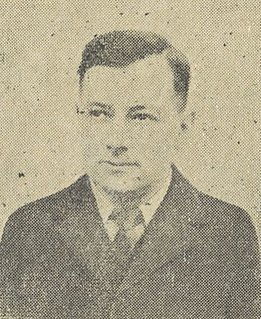 W
WLouis-Paul Némo, better known by the pseudonym Roparz Hemon, was a Breton author and scholar of Breton expression. He was the author of numerous dictionaries, grammars, poems and short stories. He also founded Gwalarn, a literary journal in Breton where many young authors published their first writings during the 1920s and 1930s.
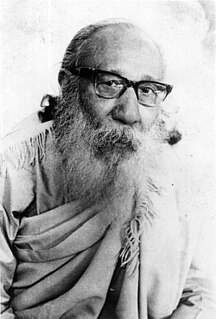 W
WChittadhar Hridaya was a Nepalese poet. He is regarded as one of the greatest literary figures from Nepal in the 20th century.
 W
WGirija Prasad Joshi was a versatile Nepalese poet who set a new trend in Nepal Bhasa literature. His poems, epics, plays and novels broke tradition and crossed conventional boundaries. He has been honored with the title Great Poet.
 W
WPrem Bahadur Kansakar (1918–1991) was a Nepalese fighter for democracy and linguistic rights, author and scholar of Nepal Bhasa. His main contributions were promoting Nepal Bhasa mainly by collecting and preserving ancient manuscripts. He was the founder of Asa Archives, the only public archive in Nepal.
 W
WYogbir Singh Kansakar was a Nepalese poet, social reformer and one of the Four Pillars of Nepal Bhasa. He worked to develop his mother tongue and promote Arya Samaj sect of Hinduism and Buddhism in the face of repression by the Rana rulers.
 W
WAtner Petrovich Khuzangai is a Chuvash Russian philologist, literary critic, publicist, leader of the Chuvash national movement, first President, now honorary President of the Chuvash national Congress. Member of the Chuvash Writers' Union (1987).
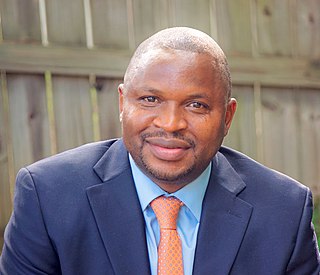 W
WFarooq Adamu Kperogi, is a Nigerian-American academic, media scholar, public speaker and newspaper columnist. As a former journalist, Kperogi had been a reporter and news editor at many Nigerian newspapers including the Daily Trust, Daily Triumph and the now defunct New Nigerian.
 W
WBhante Kumar Kashyap Mahasthavir was a Nepalese Buddhist monk who was awarded the title of Tripitakacharya.
 W
WSiddhidas Mahaju was a Nepalese poet and one of the Four Pillars of Nepal Bhasa. He was at the forefront in the endeavour to revive literature in Nepal Bhasa that had become stagnant as a result of official suppression. He has been honored with the title Great Poet.
 W
WJagat Sundar Malla was a Nepalese teacher and writer who dedicated his life to the education of the common people.
 W
WMehmet Muslimov is a Russian linguist, and an expert in Finno-Ugric languages. He is a member of Strana Yazykov, a nationwide network of language activists.
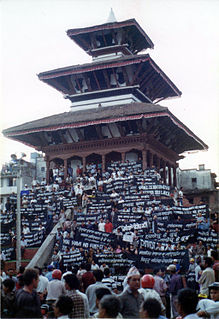 W
WNepal Bhasa movement refers to the struggle for linguistic rights by Newar speakers in Nepal in the face of opposition from the government and hostile neighbors. The campaign aims to increase the use of Nepal Bhasa in the home, education, government and business. Despite a high level of development, Newar culture and language are both under threat.
 W
WSiyamiyateliyot Elizabeth Phillips was born in 1939 on the Cheam First Nation of British Columbia, Canada. She is a Stó:lō Nation elder and the last fluent speaker of Halq’emeylem, an Indigenous language of Fraser Valley and Fraser Canyon in British Columbia. She has committed over 50 years of work towards language preservation.
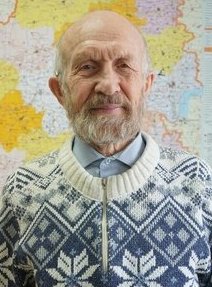 W
WAlbert Alexeyevich Razin was an Udmurt language rights activist and Neopaganist who committed traditional self-immolation (tipshar) in the centre of Izhevsk as an act of protest against the language policy of the Russian federal government and the Russification of the Udmurt people.
 W
WPushpa Ratna Sagar was a Nepalese merchant, grammarian, lexicographer and pioneer pressman. Born Pushpa Ratna Tuladhar in Asan Dhalasikwa, Kathmandu, he acquired the nickname Sagar in his childhood during a pilgrimage to Ganga Sagar in India. He was the third and youngest son of trader Pushpa Sundar Tuladhar and his wife Dhan Maya.
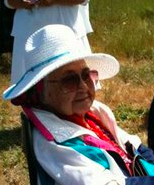 W
WHazel M. Sampson was an American Klallam elder and language preservationist. Sampson was the last native speaker of the Klallam language, as well as the oldest member of the Klallam communities at the time of her death in 2014. She was a member of the Jamestown S'Klallam Tribe of Washington.
 W
WShukra Raj Shastri was a Nepalese intellectual and fighter for democracy who was executed by the autocratic Rana dynasty. He is one of the four martyrs of the Nepalese revolution that toppled the Rana regime. The other three are Dashrath Chand, Dharma Bhakta Mathema and Ganga Lal Shrestha.
 W
WChamu Krishna Shastry is an Indian Educationist who has been working for the revival of the Sanskrit language. He is the trustee and Secretary of Samskrit Promotion Foundation. He is also the co-founder of Samskrita Bharati. Now he is spearheading a movement to teach Sanskrit Through Sanskrit On 25 January 2017, Government of India announced "Padma Shri" award in the category Literature and education. for his contribution towards the promotion of Sanskrit.
 W
WRebati Ramanananda Shrestha (1932–2002) was a Nepalese freedom fighter, journalist and Nepal Bhasa author. He also wrote under the pen name R. R. N. Syasya. His works range from poems and epics to essays and short stories. He has written books on history, language, culture and religion.
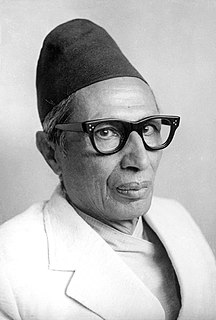 W
WSiddhi Charan Shrestha was one of the most prominent writers of Nepal. He contributed to the struggle against the autocratic Rana regime (1846–1951) through his writings. His revolutionary poetry aroused freedom fighters, and he was sentenced to 18 years in jail for his literary activities. He wrote in Nepali Bhasa and Nepali.
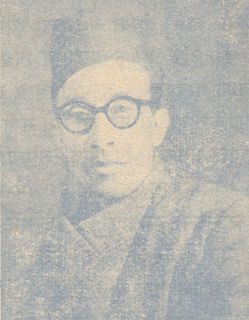 W
WPhatte Bahadur Singh (1902–1983) was a Nepalese poet and journalist who started the first daily newspaper in Nepal Bhasa. He suffered persecution and was jailed for his activities to develop his mother tongue.
 W
WAmarjeet Sohi is a Canadian politician serving as the 36th and current mayor of Edmonton since October 26, 2021. Sohi previously sat as a member of Parliament (MP) and served in the federal Cabinet from 2015 to 2018 as the minister of infrastructure and communities, and from 2018 to 2019 as the minister of natural resources. Sohi was born in India and is the first visible minority to serve as mayor of Edmonton and is one of Canada's first mayors of Punjabi descent.
 W
WSudarshan Mahasthavir (1938–2002) was a Nepalese Buddhist monk and author who played a major role in the development of Theravada Buddhism in Nepal and Nepal Bhasa literature. He was jailed by Nepal's repressive Panchayat regime for his activities supporting language rights.
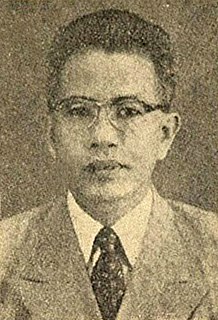 W
WMohammad Tabrani Soerjowitjitro was an Indonesian journalist and politician. He originated from the island of Madura and received journalistic education in Europe. In his early journalistic career, Tabrani was a major proponent of the Indonesian language as a national language. Later on, he became the editor of the Pemandangan newspaper and promoted the independence of Indonesia through parliamentary means.
 W
WPurna Kaji Tamrakar was a Nepalese merchant, author and journalist who worked to develop Nepal Bhasa at the time when writers were being persecuted by the government.
 W
WTanggol Wika or Alyansa ng Mga Tagapagtanggol ng Wikang Filipino is a Philippine-based organization founded in 2014 in an assembly of more than 300 professors, students, writers and cultural activists at the De La Salle University-Manila, as a response to the abolition of formerly mandatory Filipino language subjects in Philippine colleges and universities because of Commission on Higher Education (CHED) Memorandum Order No. 20, Series of 2013, which implements a new General Education Curriculum (GEC) as part and parcel of the Philippine government's adoption of the Kindergarten to 12 years of basic education or K to 12 program.
 W
WJosé Luis Álvarez Enparantza, better known by his pseudonym Txillardegi, was a Spanish linguist, politician and writer. Born in San Sebastián, he did not learn Basque until the age of 17, but came to be considered one of the most influential figures in Basque nationalism and culture in the second half of the 20th century. He was one of the founders of ETA.
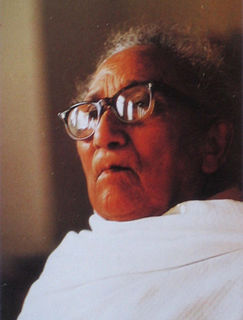 W
WMoti Laxmi Upasika was Nepal's first woman poet and short story writer of modern times. Her first work, a short story, was published in 1935.
 W
WCélia Nunes Correa, better known as Célia Xakriabá [ˈsɛ.li.ɐ ʃɐˌkɾi.ɐˈba], is an indigenous educator and activist of the Xakriabá people of Brazil. She is best known for holding debates and lectures at universities in Brazil promoting, among other things, advancement of the status and rights of indigenous women, indigenous land rights, and indigenous education.
 W
WDharma Ratna Yami was a Nepalese social activist, author and government deputy minister known for his radical views on social mores.